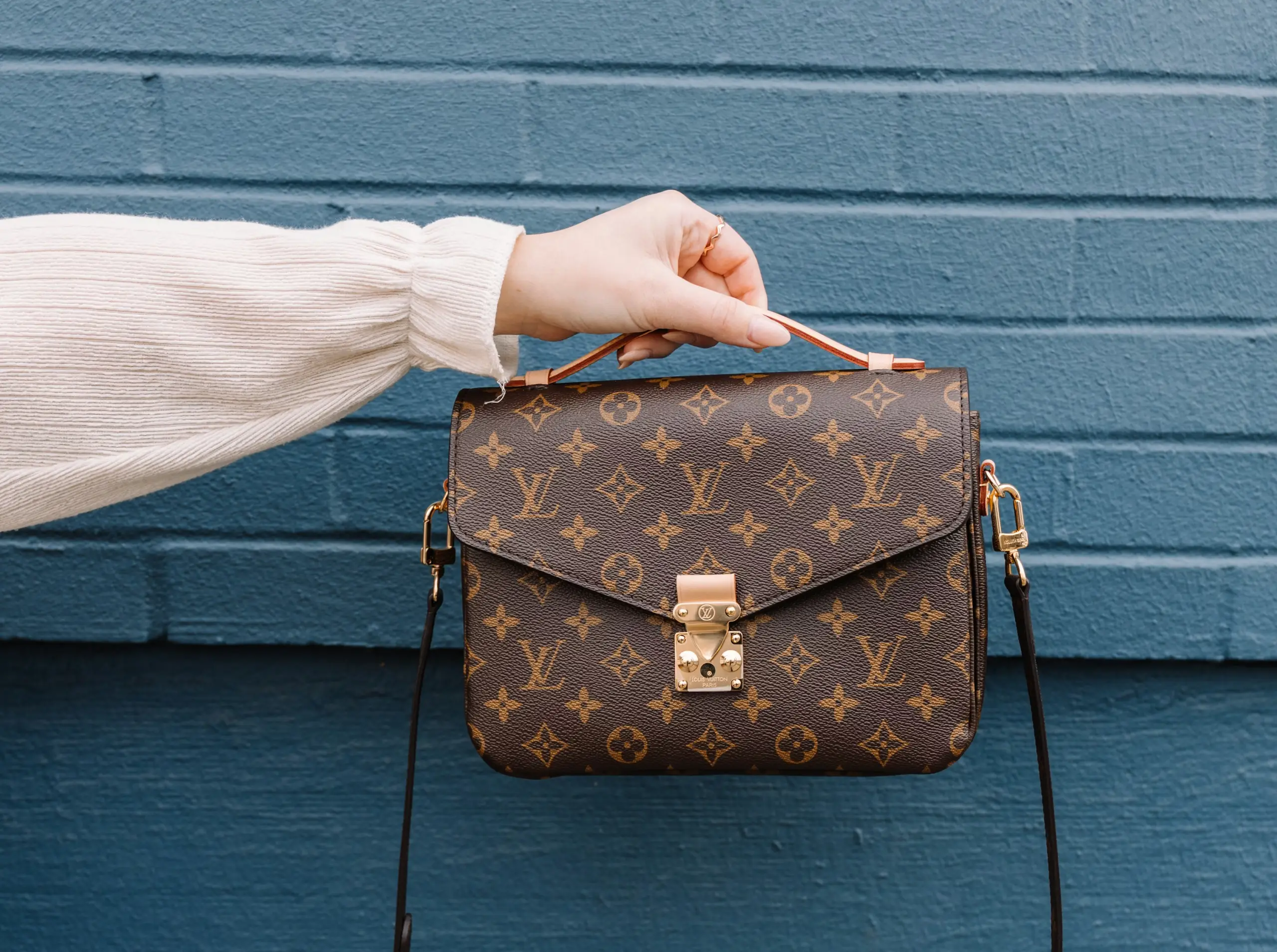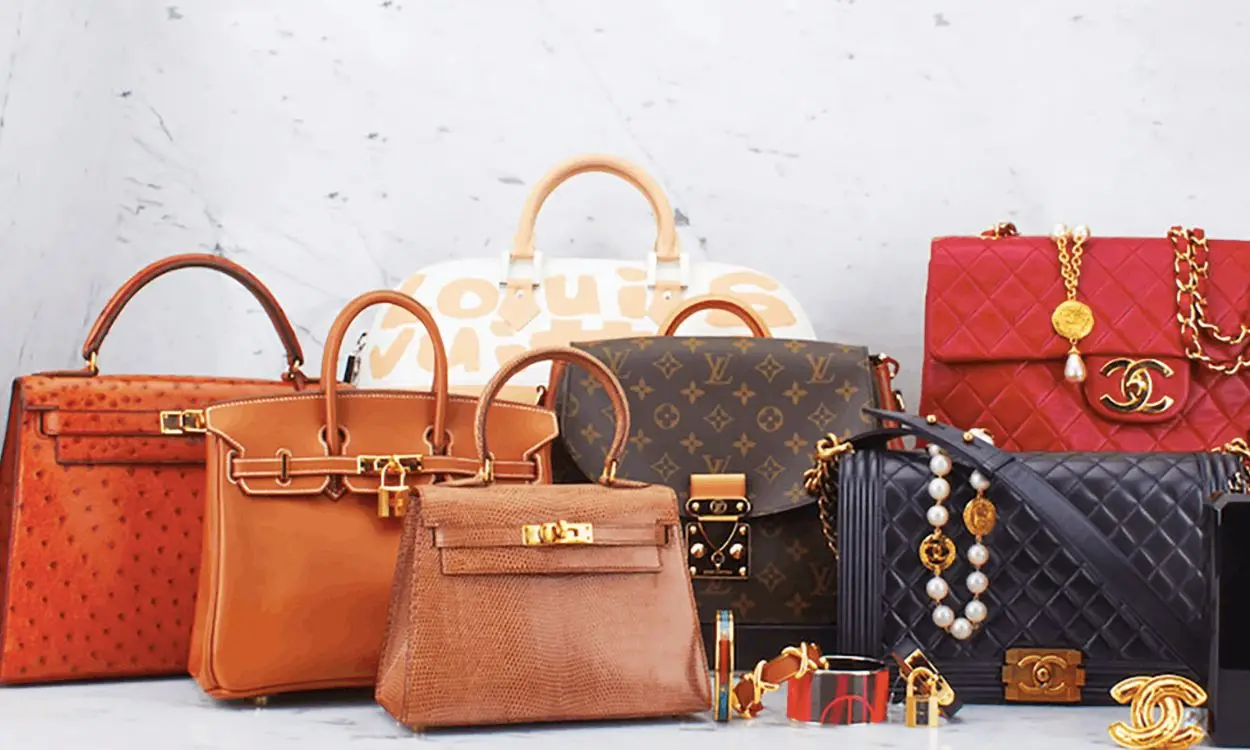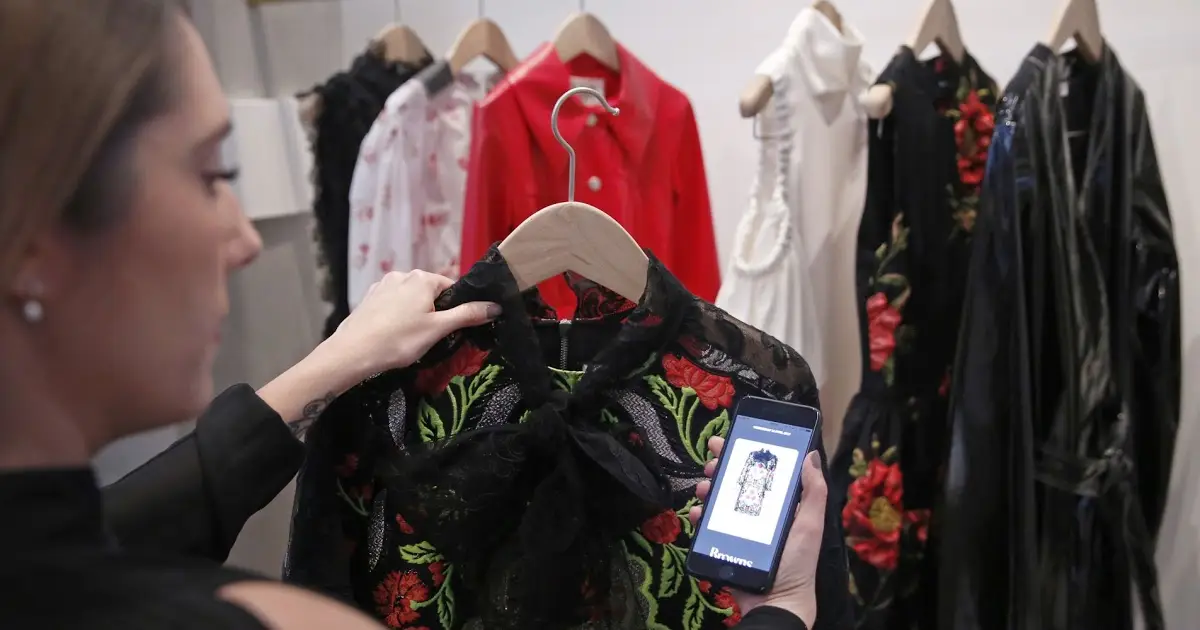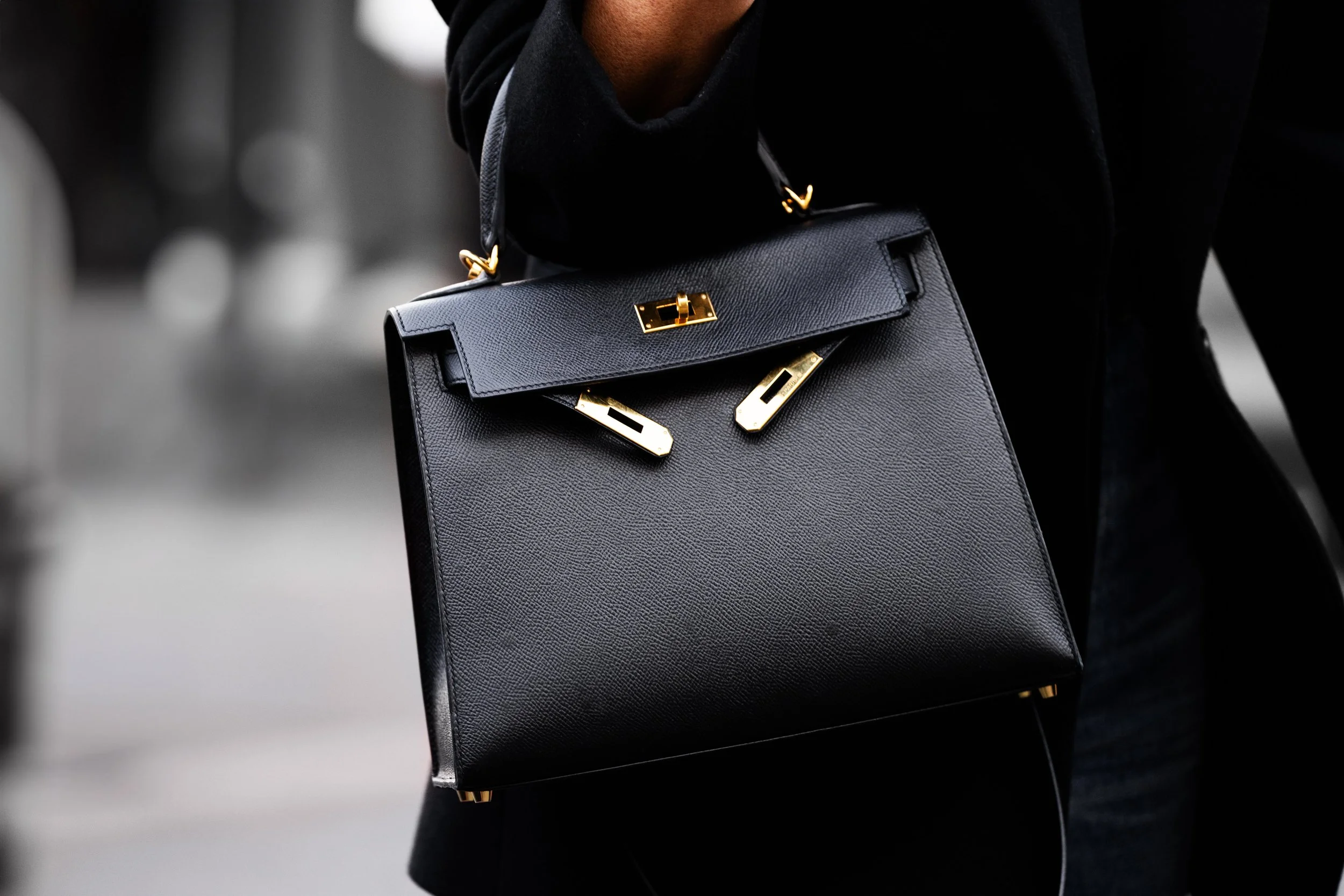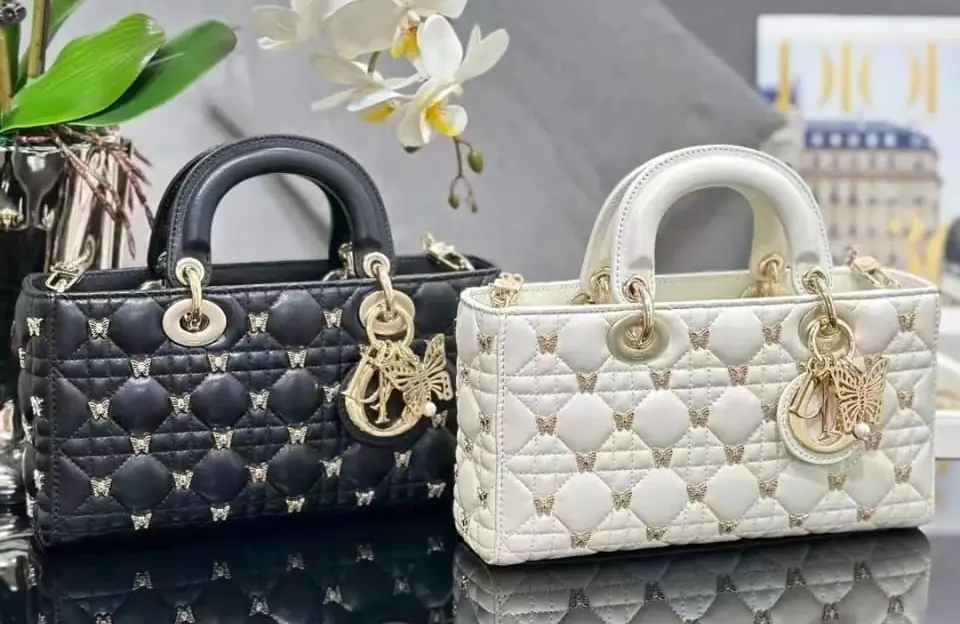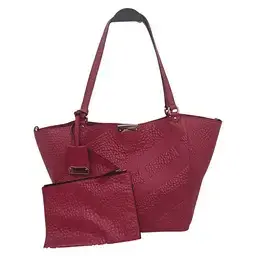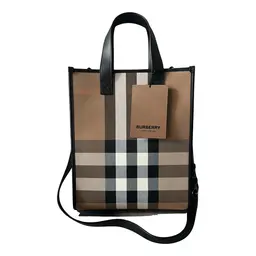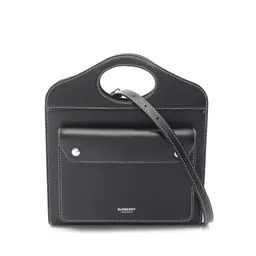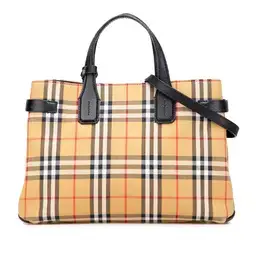Fast fashion is under the microscope like never before. Once celebrated for making runway-inspired styles accessible, the sector is now increasingly criticized for its environmental toll, labor practices and disposable culture. At the same time, the luxury resale market is gaining momentum, offering consumers a more sustainable and enduring alternative.
From Paris to Los Angeles, shoppers are questioning whether a $20 shirt that lasts three washes is worth the hidden costs.
Fast Fashion’s Environmental Reckoning
The numbers are staggering. The fashion industry is responsible for up to 10 percent of global carbon emissions, and fast fashion is a major driver of textile waste. Garments are often produced quickly, with cheap materials and under conditions that prioritize speed over sustainability.
Critics point to overflowing landfills, polluted rivers and a relentless production cycle as evidence that the fast fashion model is unsustainable. Social media campaigns targeting brands for greenwashing have amplified consumer awareness, especially among younger demographics.
The Rise of Luxury Resale
As fast fashion falters under scrutiny, luxury resale has stepped into the spotlight. Resale platforms connect buyers with pre-owned high-end items that offer both craftsmanship and longevity.
On resale platforms, shoppers can browse Hermès bags, Chanel bags and Dior bags and even coveted Louis Vuitton pieces—items that retain their value and often appreciate over time.
Shifting Consumer Behavior
Millennials and Gen Z are driving this transition. Research shows these groups are more likely to prioritize sustainability when making purchases. Many say they prefer to buy fewer, higher-quality pieces rather than indulge in disposable trends.
The resale boom has democratized access to luxury. While a brand-new Hermès Birkin may remain out of reach, a pre-owned version allows younger consumers to participate in the luxury space without compromising their values.
Investment Value
Unlike fast fashion, which loses value the moment it leaves the store, luxury resale often preserves or increases in worth. Hermès, Chanel and Dior are standout performers, with their bags achieving some of the highest resale premiums in the industry.
For example, a Chanel Classic Flap can sell on the resale market for well above its original retail price. Hermès Birkins and Kellys routinely fetch multiples of their boutique costs.
Transparency and Trust
The growth of resale has also been fueled by trust in authentication. Platforms like Libas Collective prioritize rigorous verification processes, ensuring that buyers receive genuine products.
Fast fashion brands, by contrast, often face criticism for lack of transparency in supply chains, from labor conditions to environmental impact. The contrast could not be more stark.
Cultural Shifts
Pop culture has played a role in amplifying the resale boom. Celebrities and influencers proudly showcase their vintage Chanel or rare Hermès finds, elevating resale from niche to mainstream. Meanwhile, documentaries and exposés have cast a harsh light on the exploitative practices behind fast fashion.
As the cultural narrative shifts, resale is increasingly seen not as second-hand but as smart, sustainable and stylish.
Global Growth
Luxury resale is no longer a Western phenomenon. Markets across Asia, the Middle East and South America are embracing pre-owned luxury as consumers seek authenticity and sustainability.
In Buenos Aires, where Libas Collective has gained traction, buyers are gravitating toward pre-owned Dior and Chanel pieces, seeing them as investments as much as fashion choices.
The Road Ahead
Fast fashion is unlikely to disappear overnight, but its dominance is being challenged. Consumer awareness, regulatory scrutiny and cultural shifts are reshaping the landscape. Luxury resale, on the other hand, is poised for sustained growth.
The clash between fast fashion and luxury resale reflects a broader transformation in consumer priorities. Where once speed and low prices reigned, today longevity, sustainability and authenticity carry more weight.
As scrutiny intensifies on fast fashion, the momentum is clear: the future belongs to resale.


